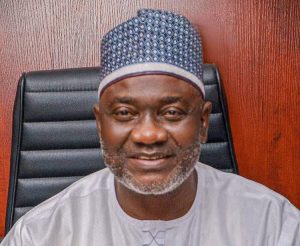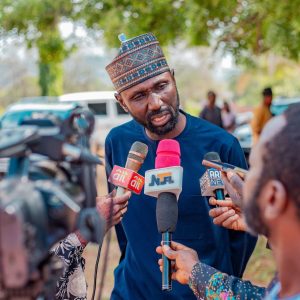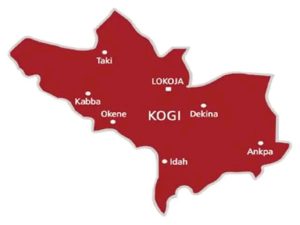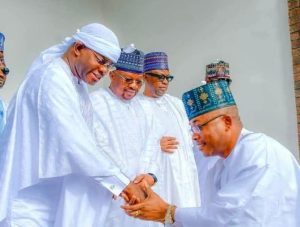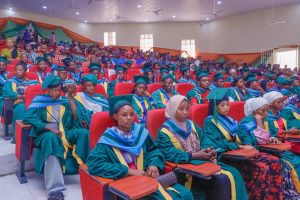What the Paymasters Hid From EFCC
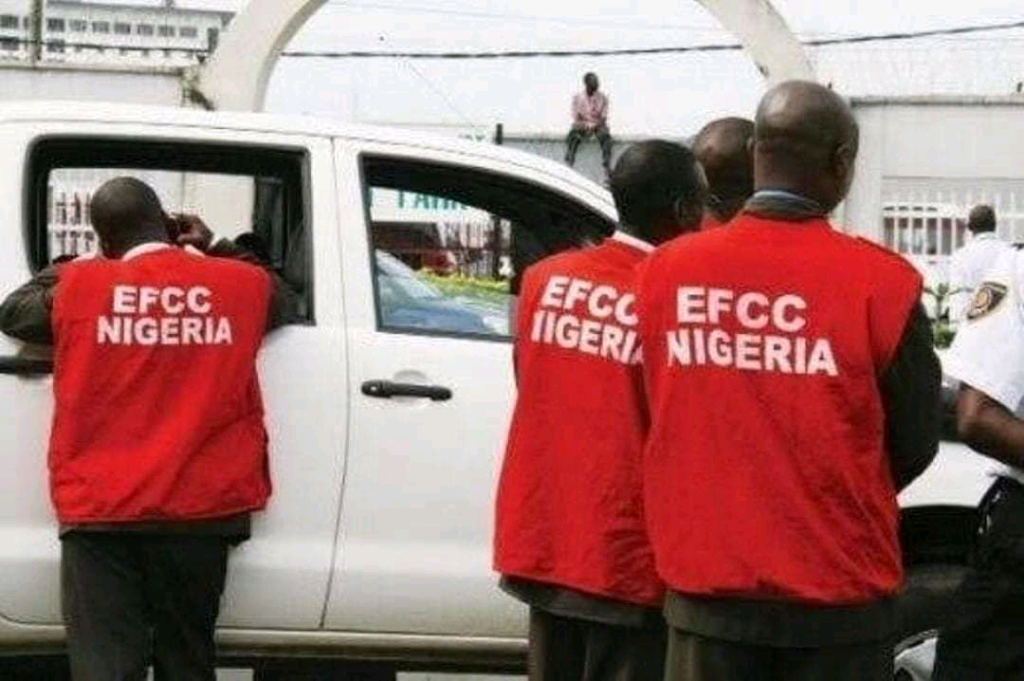
By Abdul Mohammed Lawal.
Kogi State is already more dramatic than the average Kogite would want, but I cannot help but wonder why the Economic and Financial Crimes Commission (EFCC) has chosen Kogi as their theatre of dreams, constantly adding to its complexities. They seem to be playing to a script of vested interests aimed at keeping the state’s name in the media spotlight, and subjecting it to a media trial.
Is it that they have lost their way in performing their duty, or are the interests they seek to protect greater than those of the sovereign Nigerian state? Is it simply a matter of keeping the “confluence state” in focus or tarnishing the image of His Excellency, Alhaji Yahaya Bello, to satisfy those interests?
The beauty of being a Kogite is that only a Kogite can truly speak to the joy of it, even during trying times. Only someone willing to look beyond what divides us can narrate the leadership story of this remarkable state. Emotions and ethnic divides shape the way the average citizen engages in politics, but who can blame a diverse society structured like the sovereign Nigerian state itself? This complexity is part of the trials and triumphs of this region.
Kogi State was born out of a successful union of differing interests, which reached a compromise to protect their collective interests over individual or group ambitions, despite the understanding that benefits might not be equally shared. The greatest joy was felt by the Igala tribe of Kogi East, which came from the old Benue State, where they had been a minority. Their excitement came from now being the majority among majorities.
Thus began a beautiful union, with the Igalas finally assuming leadership positions they had long sought but had been denied in the old Benue due to the entrenched Tiv dominance. This leadership commenced with the short-lived 1991–1992 civilian governance experiment and continued into the 4th Republic, with His Excellency, Prince Abubakar Audu (1999–2003), His Excellency, Alhaji Ibrahim Idris (2003–2012), and His Excellency, Captain Idris Wada (2012–2016).
In 2016, fate crowned the efforts of His Excellency, Alhaji Yahaya Bello, who broke the old order, and since then, the story has been one of evolution. What began as a deep loss for Kogi East turned into an event that would change the state’s political path, and give Kogi Central the opportunity to experience governance.
The rise of His Excellency, Alhaji Yahaya Bello, as the first non-Eastern Kogite to become the state’s governor, brought both sweetness and bitterness. It was sweet because of the progress it brought; youths and women found a new voice at decision-making tables, and the ethnic consciousness that had long defined Kogi’s politics seemed to fade.
But it was bitter because of the resentment and apathy from those accustomed to the old order, who believed that their interests must be protected before anyone else could lead the state. These emotional manipulators ensured that nothing was good enough for the average Kogi Easterner, except and Igala governor. Bello’s rise shifted the political landscape, and put him at odds with those whose interests were challenged by his leadership.
The recent actions of the EFCC against His Excellency, Alhaji Yahaya Bello, may be part of a larger narrative involving political interference. Beneath the legal charges are struggles for power and personal interests at both the state and federal levels. While the EFCC is tasked with fighting corruption, it operates within a political climate, which can influence its investigations. In Bello’s case, the timing and intensity of their actions have raised suspicions that political factions are using the agency to settle scores.
The lesser-known achievements of His Excellency, Alhaji Yahaya Bello’s administration include inspiring hope among the Idomas and Igedes of Benue State and other minority groups across Nigeria that they too can break the status quo in their states. However, these groups must understand that the ethnic machinations in their states may be even more challenging than what Kogi has faced. Imagine if such a shift were happening in Benue State.
His Excellency, Alhaji Yahaya Bello’s push into national politics posed another threat to his detractors, especially those who believed that every former governor of Kogi should remain “former” and not extend their influence beyond the state. During his eight years as governor, Bello became a free spirit within the All Progressives Congress (APC), engaging in its internal battles with full force and emerging as a rising powerhouse in the North Central geopolitical zone (GPZ). Why, then, should his influence be limited to just the state?
He became the first Kogite to seek the presidency under a ruling party or major opposition and, unlike his predecessors, left no stone unturned. He faced the political forces that have long hindered Nigeria’s progress and won in the court of public opinion, even if he did not win the APC presidential primary election.
There is a long-standing misconception about the North Central GPZ, with the North often viewing it as not “northern enough” due to its ethnic diversity and religious tolerance. This has caused the region’s emerging political talents to be stifled by their northern counterparts, who fear evolution. However, to the average Southern Nigerian, someone from the North Central is considered a core Northerner, enjoying the privileges of the North. This dichotomy adds to the complexity of the EFCC’s case against Bello.
The Igalas may have been misled into believing they are at odds with Yahaya Bello’s political ideology, but they must realise that those leading the charge are some of the biggest beneficiaries of the very system they are now attempting to turn against. We must remember that Kogi is a state that belongs to all of us. These old allies turned foes are no more Igala than the average man in the village. The struggle by the elites to prevent the emergence of political opinion leaders from the North Central is real, and it extends far beyond personal interests.
It was disheartening to discover that the current EFCC chairman, a long-serving legal practitioner, allowed the interests of a few to compromise the integrity of the agency he oversees. This became evident when an EFCC lawyer manipulated emotions in Bello’s case, while also working on the 2023 Kogi State gubernatorial tribunal case for the opposition. They called it “killing two birds with one stone,” but did it work, or did this stunt only damage the agency’s credibility?
The situation has been a regrettable display— from the siege on Bello’s Zone 4 residence without a warrant, to the protracted legal battles, to the recent drama where a man declared wanted voluntarily submitted himself for interrogation, waited for hours, and was told to leave. That same night, EFCC operatives attempted to arrest him at Kogi House in Asokoro. Who are these paymasters, and who is advising the EFCC?
Dear Mr Chairman, you may not come from a state where ethnic superiority defines politics, or perhaps you have never witnessed someone breaking free from it. But what the scriptwriters didn’t tell you is that the resilient Kogi spirit, embodied by His Excellency, Alhaji Yahaya Bello, doesn’t break. The trials and tribulations will only make him a stronger politician, ready for national assignments.
You may not come from a disadvantaged GPZ, but every light from North Central must not be extinguished prematurely. The son of an average man from Agassa, Alhaji Yahaya Bello, will continue to carry that light forward.

